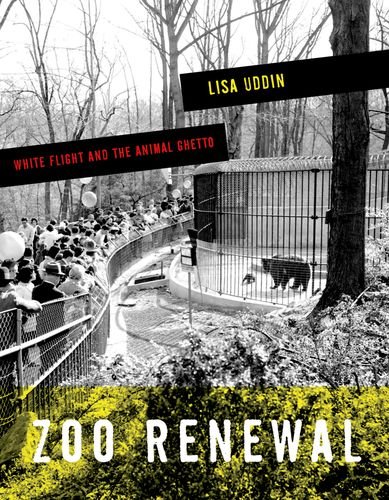

Most ebook files are in PDF format, so you can easily read them using various software such as Foxit Reader or directly on the Google Chrome browser.
Some ebook files are released by publishers in other formats such as .awz, .mobi, .epub, .fb2, etc. You may need to install specific software to read these formats on mobile/PC, such as Calibre.
Please read the tutorial at this link: https://ebookbell.com/faq
We offer FREE conversion to the popular formats you request; however, this may take some time. Therefore, right after payment, please email us, and we will try to provide the service as quickly as possible.
For some exceptional file formats or broken links (if any), please refrain from opening any disputes. Instead, email us first, and we will try to assist within a maximum of 6 hours.
EbookBell Team

4.1
30 reviewsWhy do we feel bad at the zoo? In a fascinating counterhistory of American zoos in the 1960s and 1970s, Lisa Uddin revisits the familiar narrative of zoo reform, from naked cages to more naturalistic enclosures. She argues that reform belongs to the story of cities and feelings toward many of their human inhabitants.
In Zoo Renewal, Uddin demonstrates how efforts to make the zoo more natural and a haven for particular species reflected white fears about the American city—and, pointedly, how the shame many visitors felt in observing confined animals drew on broader anxieties about race and urban life. Examining the campaign against cages, renovations at the National Zoo in Washington, D.C. and the San Diego Zoo, and the cases of a rare female white Bengal tiger and a collection of southern white rhinoceroses, Uddin unpacks episodes that challenge assumptions that zoos are about other worlds and other creatures and expand the history of U.S. urbanism.
Uddin shows how the drive to protect endangered species and to ensure larger, safer zoos was shaped by struggles over urban decay, suburban growth, and the dilemmas of postwar American whiteness. In so doing, Zoo Renewal ultimately reveals how feeling bad, or good, at the zoo is connected to our feelings about American cities and their residents.